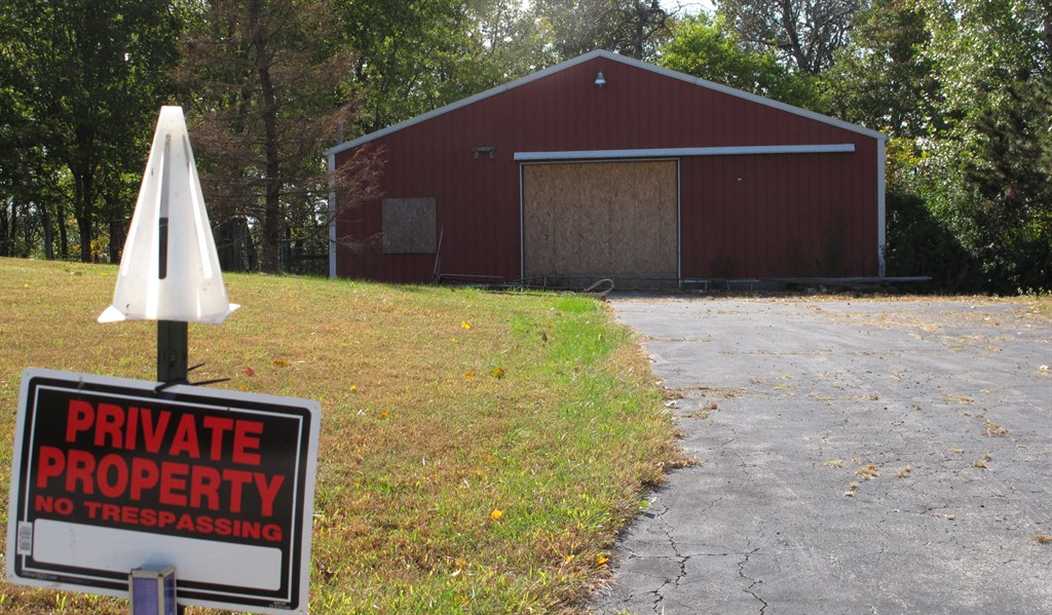Families will argue this Thanksgiving.
Such arguments have a long tradition.
The Pilgrims had clashing ideas about how to organize their settlement in the New World. The resolution of that debate made the first Thanksgiving possible.
The Pilgrims were religious, united by faith and a powerful desire to start anew, away from religious persecution in the Old World. Each member of the community professed a desire to labor together, on behalf of the whole settlement.
In other words: socialism.
But when they tried that, the Pilgrims almost starved.
Their collective farming -- the whole community deciding when and how much to plant, when to harvest, who would do the work -- was an inefficient disaster.
"By the spring," Pilgrim leader William Bradford wrote in his diary, "our food stores were used up and people grew weak and thin. Some swelled with hunger... So they began to think how ... they might not still thus languish in misery."
His answer: divide the commune into parcels and assign each Pilgrim family its own property. As Bradford put it, they "set corn every man for his own particular. ... Assigned every family a parcel of land."
Private property protects us from what economists call the tragedy of the commons. The "commons" is a shared resource. That means it's really owned by no one, and no one person has much incentive to protect it or develop it.
The Pilgrims' simple change to private ownership, wrote Bradford, "made all hands very industrious, so as much more corn was planted than otherwise would have been." Soon they had so much plenty that they could share food with the natives.
Recommended
The Indians weren't socialists, either. They had property rules of their own. That helped them grow enough so they had plenty, even during cold winters.
When property rights are tossed aside, even for the sake of religious fellowship or in the name of the working class, people just don't work as hard.
Why farm all day -- or invent new ways of farming -- when everyone else will get an equal share?
You may not intend to be a slacker, but suddenly, reasons to stay in bed seem more compelling than they did when your own livelihood and family were dependent on your own efforts.
Pilgrim teenagers were especially lazy. Some claimed they were too sick to work. Some stole the commune's crops, picking corn at night, before it was ready.
But once Bradford created private lots, the Pilgrims worked hard. They could have sat around arguing about who should do how much work, whether English tribes or Indian ones were culturally superior, and what God would decree if She/He set rules for farming.
None of that would have yielded the bounty that a simple division of land into private lots did.
When people respect property rights, they also interact more peacefully.
At this year's Thanksgiving dinner, if people start arguing about how society should be run, try being a peacemaker by suggesting that everyone should get to decide what to do with their own property.
If your uncle wants government to tax imports or thinks police should seize people's marijuana, tell him that he doesn't have to smoke weed or buy Chinese products, but he should keep his hands off other people's property.
If your niece says everyone loves socialism now, remind her she has enough trouble managing her own life without telling the rest of the world what to do. When families don't agree, they certainly shouldn't try to run millions of other people's lives.
In America today, religious groups practice different rites but usually don't demand that government ban others' practices. Private schools set curricula without nasty public fights. Businesses stock shelves without politicians fighting about which products they should carry.
All those systems work pretty well. That's because they are private.
In most of our lives, private ownership makes political arguments unnecessary.
I'm thankful for that.

























Join the conversation as a VIP Member